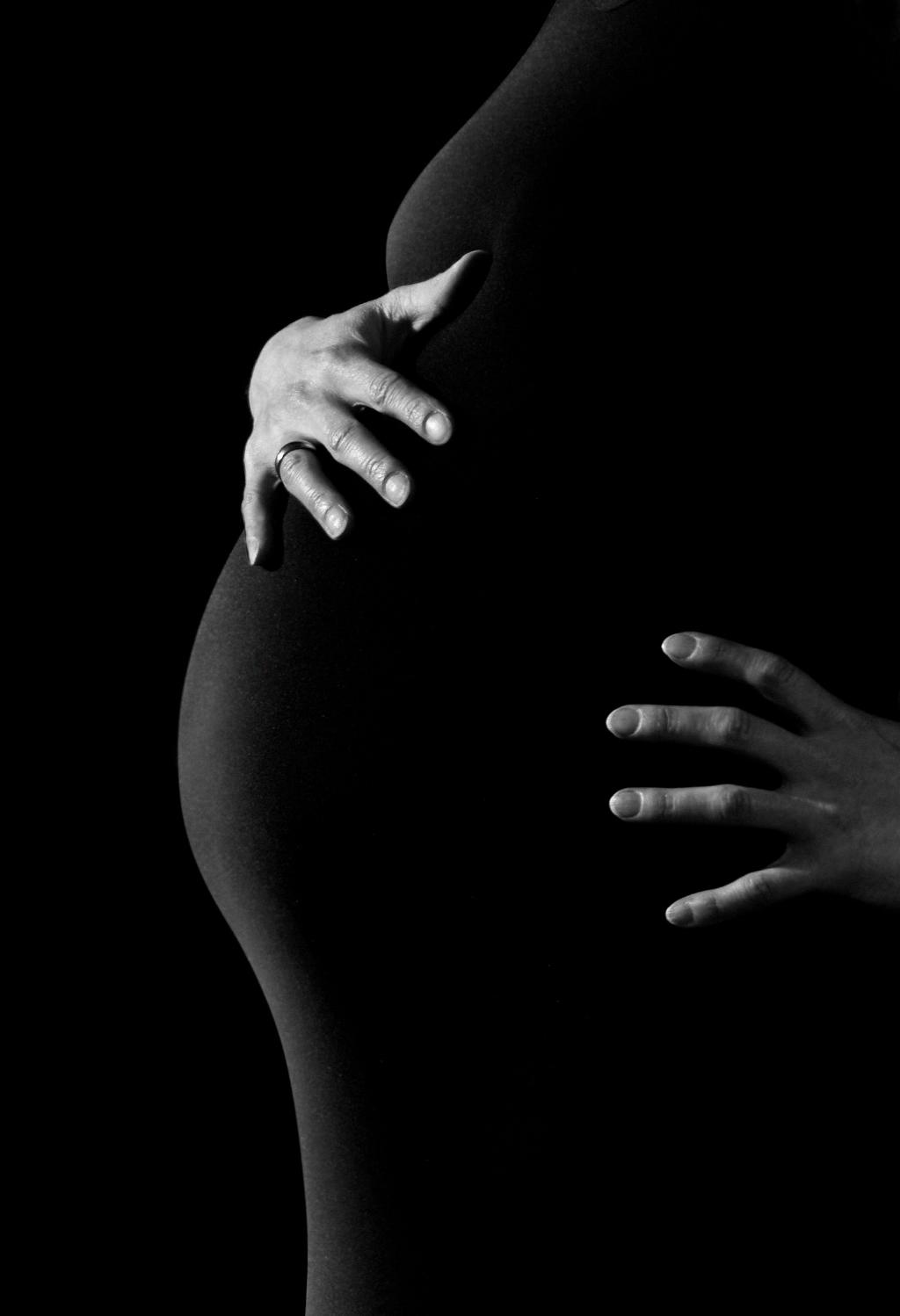When it comes to the duration of the second trimester of pregnancy, there is often confusion about how many months it encompasses. Let’s delve into this topic to gain a clearer understanding of this crucial period in a woman’s journey to motherhood.
Defining the Second Trimester
The second trimester of pregnancy typically spans from week 13 to week 28, constituting roughly months four, five, and six of the pregnancy. This phase is often referred to as the “honeymoon phase” of pregnancy due to various factors that can make it a relatively more comfortable time for many women.
Calculating the Months in the Second Trimester
Considering that a typical pregnancy lasts around 40 weeks, dividing this period into three trimesters gives us an average of 13.3 weeks per trimester. As such, the second trimester, starting from week 13, extends up to week 28, totaling 15 weeks. This timeframe translates to approximately three months.
The Significance of the Second Trimester
The second trimester is a critical phase in pregnancy characterized by a host of physical and emotional changes. For many women, this period marks a reduction in the fatigue and morning sickness experienced during the earlier weeks of pregnancy, offering a welcome respite.
Developmental Milestones in the Second Trimester
During the second trimester, the fetus undergoes significant growth and development. Vital organs continue to mature, and by the end of this trimester, the baby’s gender may be determined through ultrasound. Expectant mothers often start feeling fetal movements, known as “quickening,” during this phase.
Physical Changes in the Second Trimester
Many women experience noticeable physical changes during the second trimester. The baby bump becomes more pronounced, and hormonal shifts can lead to changes in skin pigmentation and hair texture. As the uterus expands, some women may also begin feeling braxton hicks contractions.
Emotional Well-being in the Second Trimester
Emotionally, the second trimester can be a time of greater stability for many women. With the uncertainties of the first trimester behind them and the onset of physical changes becoming more apparent, expectant mothers often find themselves more settled and connected to their pregnancy.
Prenatal Care and Screenings
Regular prenatal check-ups and screenings are essential throughout the second trimester to monitor the health and development of both the mother and the baby. These appointments provide opportunities for healthcare providers to address any concerns and offer guidance on nutrition, exercise, and overall well-being.
Preparing for the Arrival of the Baby
As the second trimester progresses, many expectant parents begin preparing for the arrival of their baby. This may involve setting up the nursery, attending childbirth classes, and discussing birth plans with healthcare providers. It is also a time for bonding as a couple and envisioning life with a newborn.
Nutritional Needs in the Second Trimester
A balanced diet rich in essential nutrients is crucial during the second trimester to support the developing baby and maintain the mother’s well-being. Foods high in folic acid, iron, calcium, and protein are particularly important during this phase of pregnancy.
Staying Active and Healthy
Maintaining physical activity and practicing self-care are vital components of a healthy second trimester. Prenatal yoga, walking, swimming, and gentle stretching exercises can help alleviate discomfort and prepare the body for childbirth. Adequate rest and relaxation are equally important for overall well-being.
Conclusion
The second trimester of pregnancy, spanning approximately months four, five, and six, is a transformative period marked by growth, development, and emotional changes. Understanding the duration and significance of this phase can empower expectant mothers to embrace the journey to motherhood with confidence and care.

